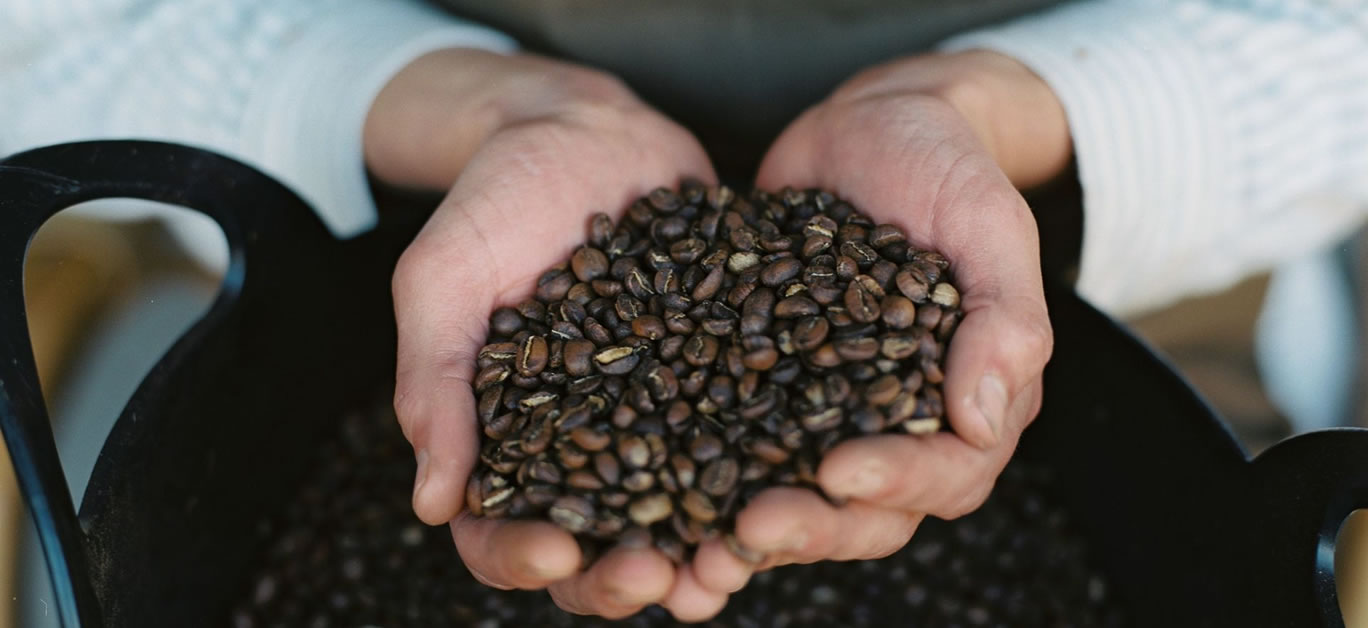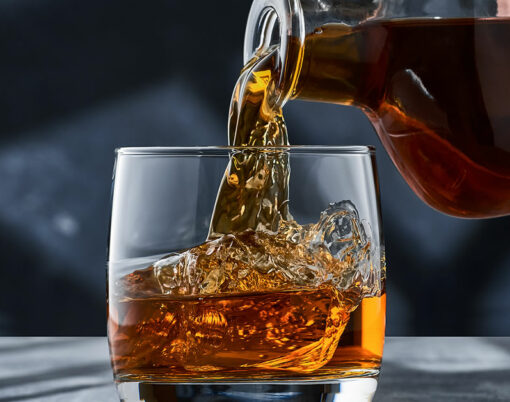Who knew that coffee consumption was an age-related activity? It seems the older we get the more coffee we drink. In the UK, coffee consumption is incremental by generation. Imbibing coffee ranges from less than a cup per day for the under twenties, to just over two cups per day in your fifties and beyond. It might be that we simply we need the stimulation of caffeine more as we age, or our taste buds become more sophisticated.
In the same way that most people buy wine in supermarkets, coffee is also primarily purchased along with the weekly shop. In the UK there are 95 million cups of coffee consumed per day with 80 per cent of households buying instant coffee. For the more discerning coffee drinker, however, choosing a luxury coffee deserves the same consideration as buying and appreciating wine.
Is it better to buy ground coffee or beans?
“Ground coffee is more popular but that’s due to the fact that the majority of people don’t own grinders rather than because it’s a better product,” says Richard Blake, founder and director of Yallah Coffee Roasters, a speciality coffee buyer and roaster based in Cornwall.
When investing in a luxury coffee, taste is obviously the first thing to think about, although this is not immediately obvious from the packaging. Taste is very subjective depending upon your palate. A speciality coffee producer will offer tasting notes on the packet, in the same way as the label on a bottle of wine offers some guidance.
Another aspect to consider is the pairing of coffee with food. Identifying the dominant flavour notes of the coffee, such as vanilla, lemon or almond, will allow you to choose food with similar flavours. For instance, chocolate with coffee always taste good – think pain au chocolate for breakfast – because they have similar notes. On the other hand, you might like to contrast flavours in the same way that say cheese eats well with a sweet apple.
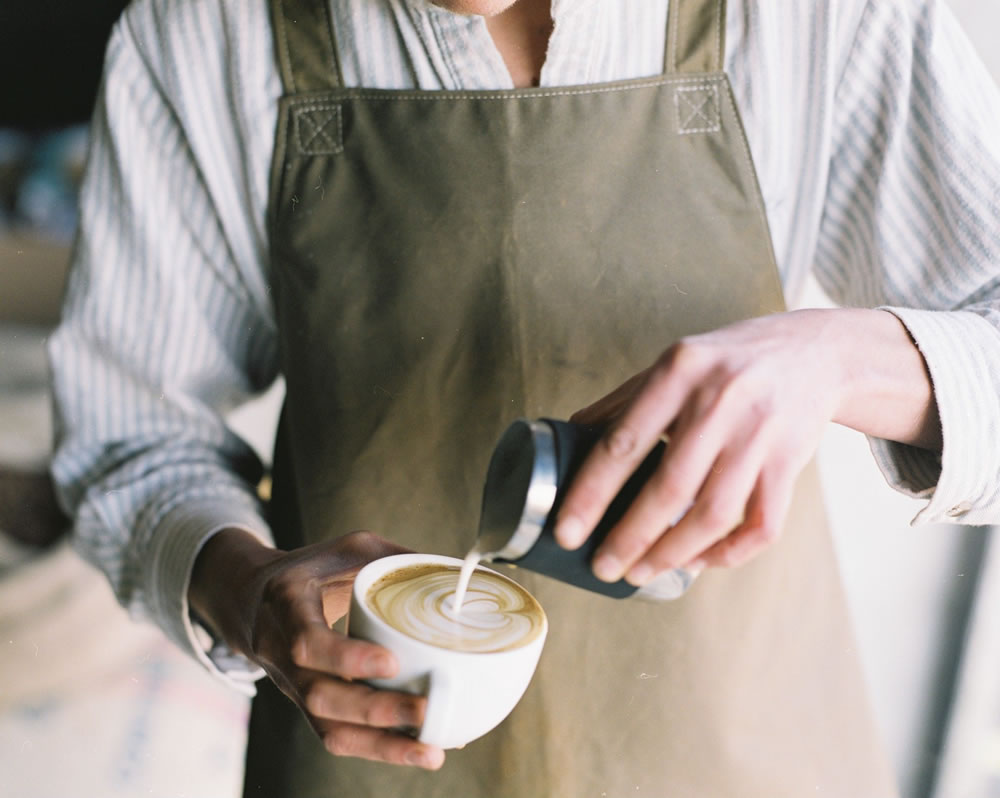
Traceability is also important. The origin will tell you a lot about the terroir in which the beans are grown and the resulting quality and flavour. Once you have identified a favourite region you will be able to buy with a measure of confidence. It will also assist an importer or coffee specialist to make recommendations if you are clear about your preferences.
“A lower quality coffee will always be blended in big lots and become untraceable. This means that it has probably been traded through the commodity market, which is not providing a sustainable income for the producers, and it also means it’s a lower grade of coffee,” says Richard.
Sourcing the beans
Sustainability has been on the world’s agenda in recent years. Now, more than ever, we are aware of how our actions impact the planet and the global community. How we grow, produce and transport our food has a ripple effect in terms of health, the environment, and wildlife.
At Yallah they source single-origin coffee that represents the pinnacle of quality, character, and traceability. By not offering a blend, says Richard, “We are stripping back coffee to its naked self, a traceable, tangible product that can be celebrated for its flavour, origin, and diversity.” They source from the best and most sustainable farms they can find and roast delicately to preserve the natural flavours and aromas.
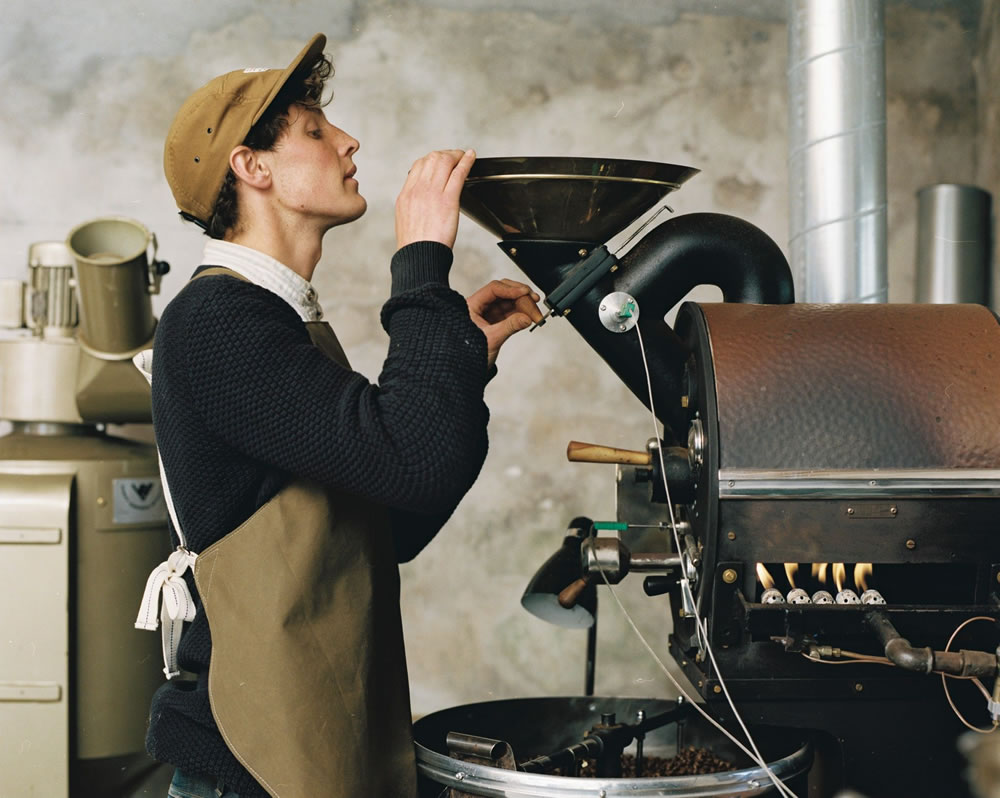
Recently, the company launched the first coffee in a series that aims to improve their sustainability practices further. They brought in coffee under sail power from the port of Santa Marta, Columbia, to be unloaded within a few miles of their roastery in Falmouth. It all sounds very romantic and harks back to 17th century traders crossing the vast oceans.
The ‘sail coffee’ was transported by New Dawn Traders on the French schooner, De Gallant. Sailing with 3,300kg of cargo (coffee, cocoa, panela and olive oil) over 7,500 nautical miles, the journey resulted in a carbon footprint close to zero. By comparison this would have created approximately 2,000 kgCO2 if shipped by container and 178,000 kgCO2 if sent by plane. As transport is a key factor in buying coffee commercially this slower and more cost effective method ensured the financial sustainability of the product. It also meant that the price paid to the local growers was almost 30% higher than the commodity price.
The tasting notes for the ‘sail coffee’ read like a recipe for a delicious sticky toffee pudding. This speciality coffee has an abundance of cocoa and dense brown sugar flavours, followed by a crisp acidity.
How to store and make real coffee
The best place for coffee is in a cool place in an airtight container and away from sunlight. The fine aromas and acidity that make high grade coffee so delicious fade quickly when exposed to light and air. It is also better to buy your coffee in smaller amounts. The longer coffee is stored the more its essential oils rise to the surface and evaporate. Once brewed, fresh coffee gives the very best flavor, boldness and body. It is a good idea to check for a date on the bag to see when the beans were roasted. As a guide this can be anywhere between between five and 20 days. At Yallah they roast every day and aim to ship all orders within 24 hours. Yallah always send coffee roasted within the last five days and the date is displayed.
Once you have chosen a coffee that suits your palate you will want to ensure that every bean counts. Richard recommends purchasing some essential kitchen equipment as a start. A good wine deserves an investment in a bottle opener, decanter and quality wine glasses, and the same theory applies to coffee.
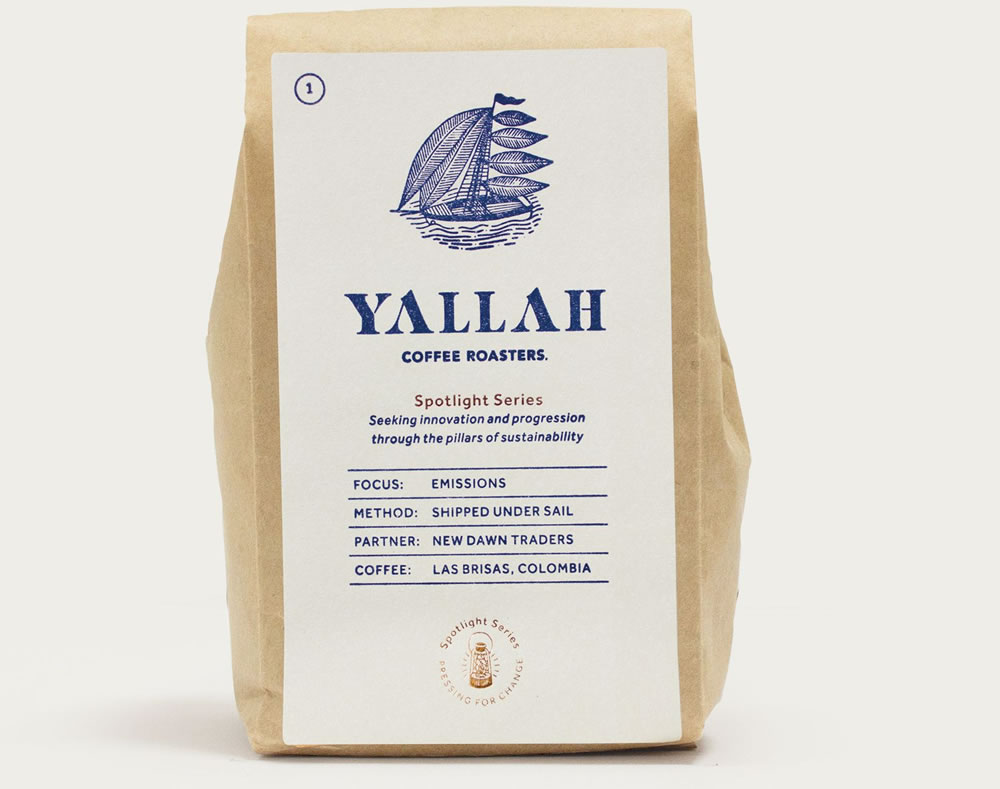
The first piece of equipment you will need is a coffee grinder to ensure absolute freshness. It might seem like an extra chore to grind your own beans but the preparation can be a relaxing ritual. Do you remember the opening sequence to the iconic spy thriller The Ipcress File (1965)? Harry Palmer, played by Michael Caine, grinds coffee beans for a morning brew while half asleep. Grind only what you need and use it immediately as, once ground, coffee loses its essential oils even quicker than beans. Keep the grinder clean and, as a tip, use a clean pastry brush to remove any residual coffee from the last batch before grinding fresh beans.
Next on Richard’s equipment list is a pair of scales to help you to brew to a recipe. “Coffee is a delicate product and using a recipe will help you get the best strength and extraction ratio for a stunning cup of coffee,” he recommends.
Good coffee can be made using the simple cone filter method, a cafetiere, a percolator or a state-of-the-art machine. The equipment you choose is a matter of taste and budget so it’s a good idea to experiment before you purchase, talk to your importer and ask friends and family for their recommendations.
If you give your coffee the same consideration as you do to choosing and drinking wine you will soon become a connoisseur and instant coffee will become a thing of the past.
The Yallah ‘sail coffee’ has now sold out.
For more information on Yallah Coffee Roasters, visit yallahcoffee.co.uk.
The coffee statistics used in this article credit: The British Coffee Association












